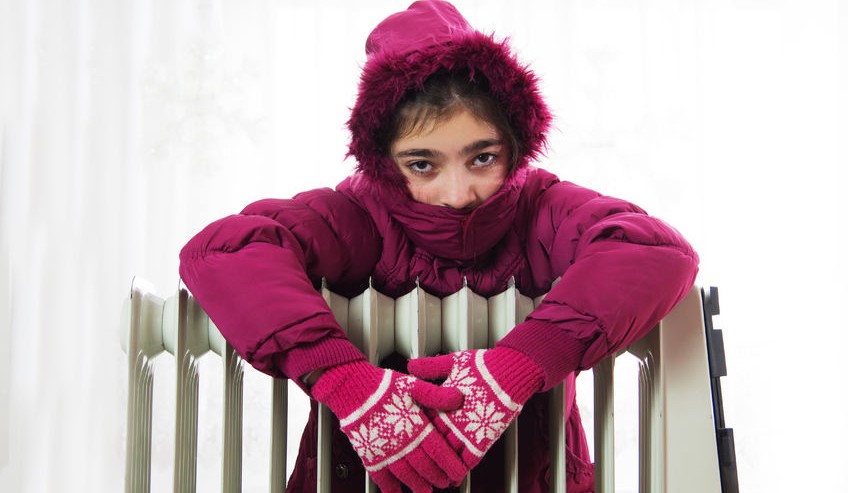Common Heating System Problems and Their Solutions
Heating systems tend to be quite reliable when well-maintained, but sometimes they have issues that can be mysterious to diagnose. Since most homeowners are not brave or knowledgeable enough to tinker around on their own heating systems, they must throw up their arms and wait until an expert can come by and fix the problem.
While we generally recommend entrusting any repairs to the experts, we also want to enlighten the average person as to what could be going on with their system. To help narrow down your problems to see if it could be something you can address yourself or if it needs an immediate service call, here are some of the most common heating issues that a homeowner will face.
Uneven Heating
One of the most widely-seen heating problems is that certain rooms or areas of the house will be colder than others, even while the heat is running. This can be indicative of multiple problems, but the one encountered most often is that there is some sort of blockage or leak in the air ducts.
First, check to ensure that your registers are all open throughout the house. Closed registers can force uneven pressure along the system, even if the closed registers are not the ones in the coldest rooms.
Open every register as wide as it will go to see how it affects the system. If it corrects the circulation problem, you can then slightly close the register to lessen airflow in certain rooms. Just be sure you do not close the registers entirely, or it could affect the system’s performance.
Another cause of uneven heat could be leaky or disconnected ducts. If you put your hand up to the vent, you can sometimes feel heat coming out weakly around the sides, indicating that the duct may have become detached from the register.
Other times, there could be blockage. Try changing your filter or putting a vacuum hose against the register to see if anything comes out.
For more persistent problems, you may have a tear in the ducts or your home could need a zoned system. Take a look at our uneven heating and cooling post to learn more about this issue. [link unavailable for now]
Odd Smells
Sometimes, your air may smell a bit odd when the heat runs. Perhaps it smells like burning hair, or maybe something harder to identify.
If you have just turned your system on for the winter, these smells are simply dust working their way into the flames. However, if you still smell a slight burning after an hour or so, there could be a bigger problem.
Once again, check the filter to see if it’s clean. Also check on the unit itself. You can often see the flame from the side of the venting. The flame should be only about a half an inch to an inch high, evenly spread and a deep blue color. If the flame is yellow/orange or uneven, you could have improper oxygen flowing, or there could be dust stuck in the ducts or air handler. You must have your ducts blown out and your system regularly checked to ensure that dust does not settle and cause problems like this. Call a technician to identify which factor is the cause, and turn your unit off to be safe in the meantime.
Most importantly, if you notice high flames, a strong burning smell or smoke, you should immediately evacuate the house and call the fire department or gas company since the system could be igniting improperly. These precautions are not to alarm you, but rather to ensure you are not tinkering around with a dangerous condition.
Heat Won’t Come On or Doesn’t Stay On
If you are certain you have paid the gas bill, your thermostat is turned to the “heat” setting and that your circuit breaker is not tripped but the heat still will not come on, you may have a larger issue with your heating system. Diagnosing this problem must usually be done in person by an experienced HVAC contractor.
You can quickly check your unit to see if flames are igniting or if you smell gas. If you do smell gas, take the emergency precautions as outlined above. If you do not smell gas, you do see flames, but the system still will not operate, you could have a more problematic malfunction. Your forced air blower may not be functioning, or the wiring in the building is not allowing the furnace to operate properly. Turn off your heat setting and arrange to have the system looked at as soon as possible.
A yearly checkup in the fall before heating season starts is the best measure against all of these common issues. Are you in the market for a new heating system? Click here for a free custom quote from reputable HVAC contractors. You’ll receive upfront pricing from top contractors in your area — all without having to enter any contact information.
Related articles
5 Tips for Extending the Lifespan of Your HVAC System





Comments
Leave a Comment